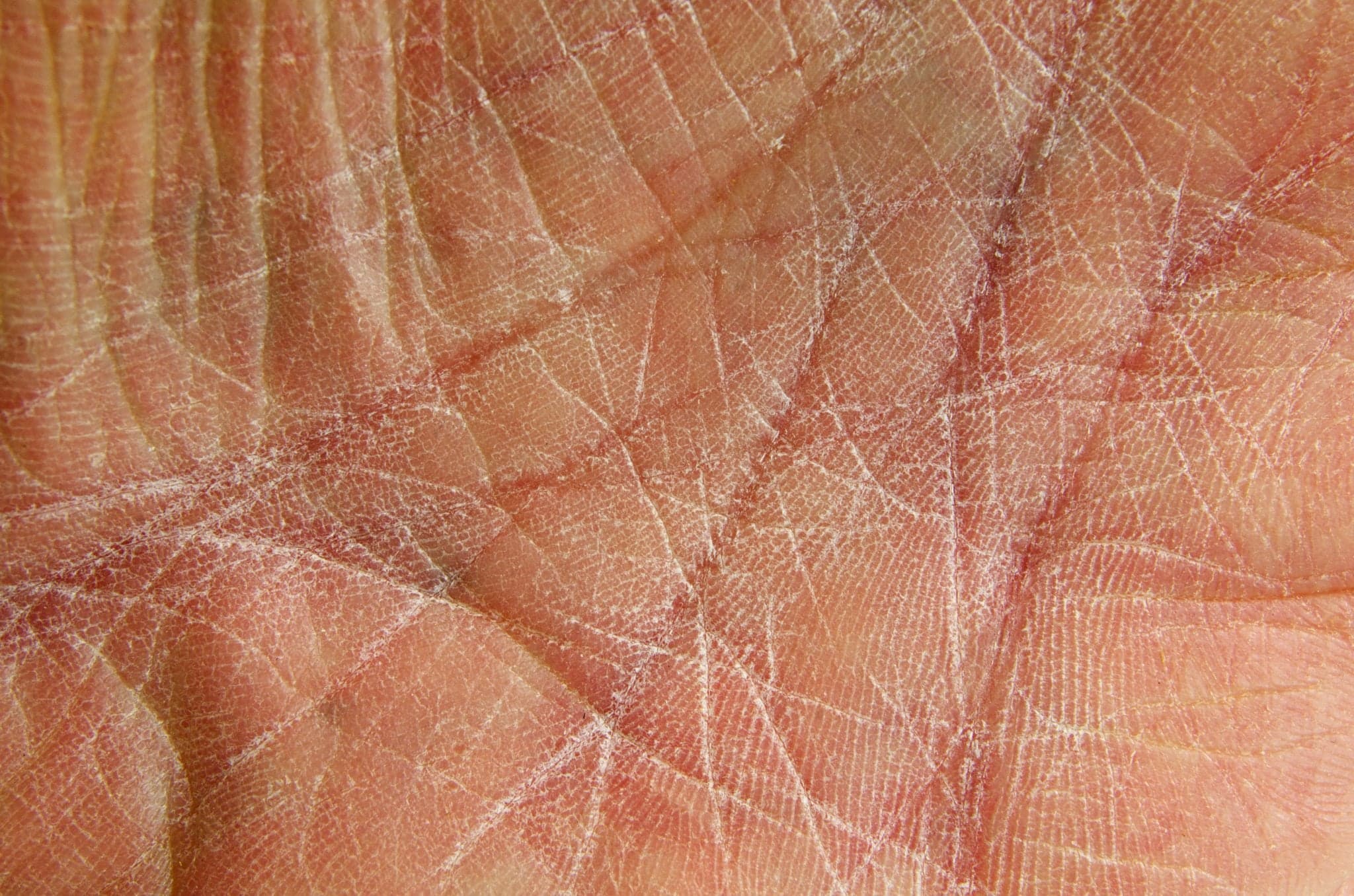
2018-10-03T09:37:12
What are the Risks of Uncontrolled Medical Conditions During Plastic Surgery?
- Plastic and Reconstructive Surgery
- Value-Based Care
July 11, 2017 | Plastic and Reconstructive Surgery

Women who have undergone surgery to treat breast cancer, such as a mastectomy, have the option to rebuild the removed breast or breasts. A number of factors influence the decision to undergo breast reconstruction, including which type of reconstruction you want.
There are multiple reconstructive surgery options out there, and in some cases, more than one operation will be necessary. Speak to your doctor at length before making these decisions, and try to be as fully informed as possible. Two primary operations that can be done during breast reconstruction include:
In some final stages of reconstruction, nipple and areola reconstruction procedures might be done to help the breast appear more like the original breast. In some cases, a combination of implants and the flap procedure is utilized to get the best possible results.
Another important choice when considering reconstruction will be one between immediate reconstruction (done at the same time as the surgery to treat cancer) or delayed reconstruction performed at a later time.
Immediate reconstruction can be a benefit because it can help preserve breast skin, which can produce better-looking results. Women also don’t have to spend any time without the shape of a breast. While immediate reconstruction can begin right away, there might be multiple steps required to get the final shape.
Delayed reconstruction is a better choice for some women, including in the following situations:
If you’ve decided to move forward with breast reconstruction, there are still choices to be made. Here are some factors you and your doctor will consider while making this decision:
You’ll speak with your doctor about medical history, and you’ll have a chance to speak to him or her about your preferences and voice any concerns as you formulate the proper plan for breast reconstruction surgery.
“Breast Reconstruction Options.” American Cancer Society. https://www.cancer.org/cancer/breast-cancer/reconstruction-surgery/breast-reconstruction-options.html
“Breast Reconstruction After Mastectomy.” National Cancer Institute. https://www.cancer.gov/types/breast/reconstruction-fact-sheet
WRITTEN BY:
The Live Better Team

2018-10-03T09:37:12

2017-09-19T11:00:59

2017-09-11T10:40:36

2017-09-05T09:30:10
This information is not intended to replace the advice of a medical professional. You should always consult your doctor before making decisions about your health.